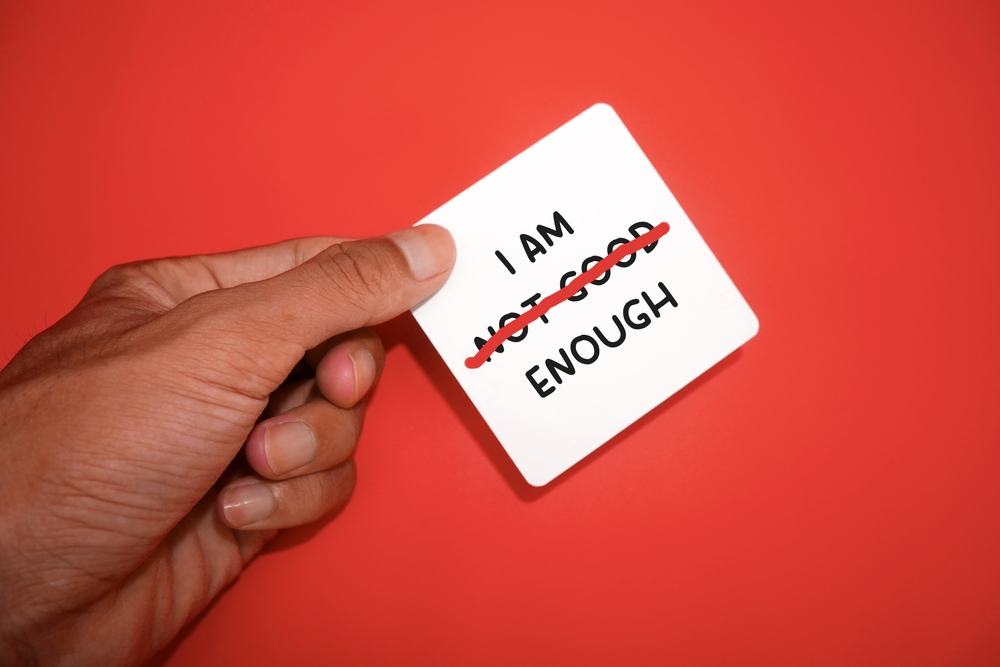There is a lot of stress in modern life. Clinical anxiety is different. While anxiety can be triggered or aggravated by life stress, it goes further, affecting your child’s physical and mental health. But often, parents may not realize what is happening. Here are some signs to watch for to see if your teen has anxiety.
When Anxiety is More than a Passing Emotion
Anxiety is an emotion. Anxious teens feel irrationally tense, worried, afraid, or on edge. Healthy anxiety is caused by a specific event, lasts a short time, and then fades. However, when these feelings linger or become generalized or hyper-focused, they may be signs of an anxiety disorder.
According to the Anxiety and Depression Association of America, 25%, or 1 in 4 teenagers age 13 – 18 experience anxiety disorders each year. Anxiety is the most common psychiatric illness among children and all too often it goes undiagnosed or misdiagnosed and untreated. It can also be fatal. Women with anxiety or nervousness are 3.4 times more likely to attempt suicide within 5 years than their healthy counterparts. For men, that number is as high as 9 times.
What Anxiety Looks Like in Children and Teenagers
It can be easy to overlook signs that your teen has anxiety. Many of the symptoms of anxiety disorders are internal, and some prevent adolescents and children from asking for help. Anxiety doesn’t look the same in every case. There are 6 common types of anxiety disorders in teens and children:
- Generalized Anxiety Disorder (GAD) – excessive worry about many things
- Panic Disorder – sudden bursts of fear or anxiety with no apparent source
- Social Anxiety Disorder – fear of social situations
- Phobias or fears – intense fear about an object or situation
- Separation Anxiety Disorder – anxiety or fear triggered by being separated from parents
- Selective Mutism – Not speaking in some situations while talkative in others
Your teen may not tell you they are feeling fear, worry, or anxiety because anxiety often centers around the need to satisfy expectations. They may be good at hiding their suffering, like this teenager who died because of his depression. Instead, you should be aware of the physical and behavioral symptoms of anxiety:
- Stomachaches or nausea
- Headaches
- Tense muscles
- Sleeping problems
- Dizziness
- Shaking
- Difficulty breathing
- Inability to be still and calm
- Cold, sweaty, numb, or tingling hands or feet
- Heart palpitations
- Dry mouth
Many of these motor expressions of anxiety are easily overlooked. The symptoms of anxiety often look like hyperactivity. This can cause teens to be misdiagnosed and medicated for the wrong condition. It is important for you and your child’s therapist to consider whether anxiety, rather than ADHD or another condition, is causing the physical symptoms you are seeing.
What Causes Teenage Anxiety
There is no one clear cause for teenage anxiety. For most children and teens, anxiety disorders are a combination of genetic and environmental conditions along with triggering events. Children and teens face anxiety due to:
- Neurotransmitter imbalances
- Family factors (including modeling anxious behaviors)
- Trauma (such as divorce, family deaths, abuse, or accidents)
- Bullying (including as bystanders)
- Overscheduling
- Pressure to succeed
- Social and interpersonal pressures
- Safety concerns (including school shootings)
What to Do if You See Signs Your Teen has Anxiety
As a parent, whenever you see your teen suffering you want to fix it. But in the face of anxiety disorders or phobias it may be hard to know what to do. Parents who believe their children are dealing with fear or worry should do three things:
- Listen
- Empathize
- Support
Invite your child to talk about how they are feeling. Do everything you can to disconnect those feelings from consequences and invite open dialog. Let your teen know that you understand how they feel and that it is okay to experience worry, fear, or anxiety. Then ask if they would like help finding better ways to deal with those feelings.
Helping Adolescent Anxiety Sufferers Takes a Team Approach
Teens answer to a lot of authority figures: parents, teachers, coaches, counselors, and club leaders. When anxiety is caused by pressure, overscheduling, or social phobias, it will take a team approach to give them the support they need to master their anxiety. Teachers and educators, in particular, can help reduce anxiety triggers and implement coping strategies to improve your teen’s day-to-day life. Be open with them and ask for their help. Your child will be better for it.
Read More: A Teacher’s Guide to Supporting Students with Anxiety
David Stanislaw is a psychotherapist with over 30 years of experience. He helps children, teens and adults identify and address anxiety disorders and other psychiatric issues. Contact David Stanislaw to get help for your teen today.


 Are Self-Destructive Behaviors Hurting You at Work?
Are Self-Destructive Behaviors Hurting You at Work? How Psychotherapy Helps PTSD
How Psychotherapy Helps PTSD Facing Holiday Grief Together as a Couple
Facing Holiday Grief Together as a Couple